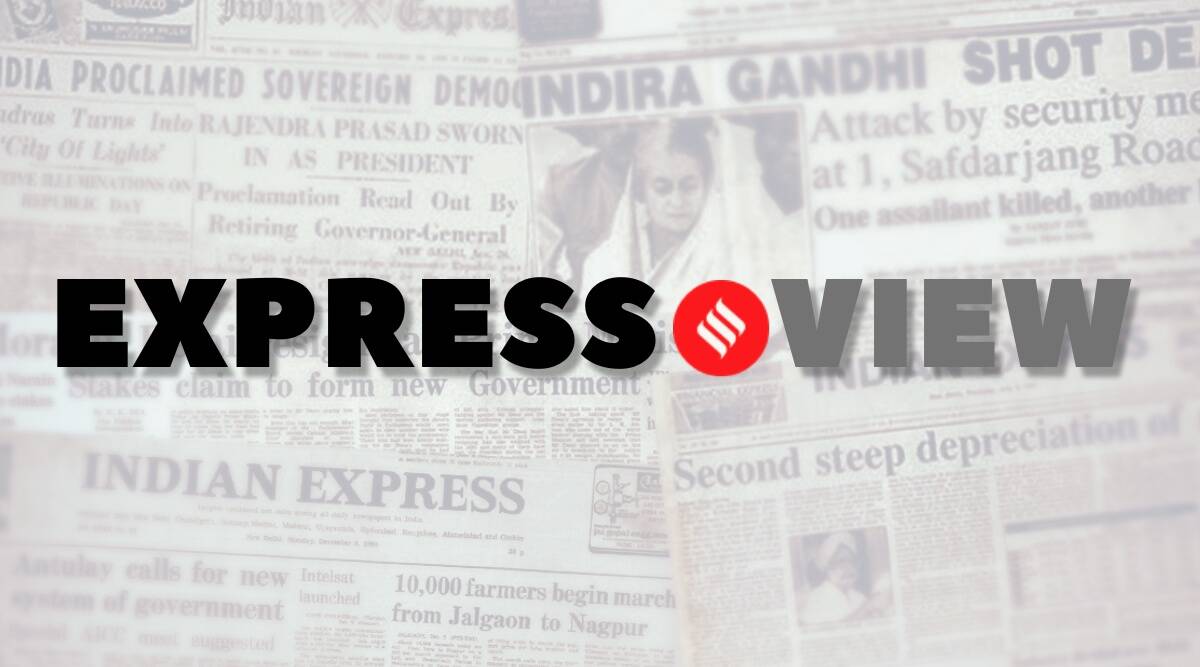 The Constitution envisages a minimal role for the Governor’s office: It is expected to function as per the advice of the Council of Ministers.
The Constitution envisages a minimal role for the Governor’s office: It is expected to function as per the advice of the Council of Ministers.Kerala Governor Arif Mohammed Khan has been sparring with the state government headed by the CPM on a host of issues. He has demanded the resignation of vice-chancellors appointed by the state government on grounds of procedural violations. He took umbrage to a statement made by a minister and asked the chief minister to remove him. On Monday, he turned his attention to the media and expelled two TV channels from his press conference alleging that they were carrying out a “campaign (against him) based on falsehood”. Surely, Khan’s words and actions do not behove the office he occupies. Raj Bhavan has to stay above petty political battles and not be seen in an openly adversarial relationship with the elected government. Of course, Khan, a seasoned politician well read in constitutional matters, should know this.
The Constitution envisages a minimal role for the Governor’s office: It is expected to function as per the advice of the Council of Ministers. Sure, he can offer wise counsel to the government, but it is unacceptable for him to insist that the chief minister follow every word of it. The Governor’s office can’t assume the role of the political Opposition in the state, which would compromise the dignity of the office. Unfortunately, Khan’s open criticism of the government and the manner in which he does it has reduced him to an Opposition figure. Similarly, his targeting of a section of the media is in poor taste: His disagreements with the political groups that back these TV channels cannot be a reason to humiliate journalists on their rolls. Khan invoked reasons of propriety and drew parallels with a minister’s relations to the CM and the governor’s to the PM to back his approach to journalists. The comparisons do not hold: It is preposterous on the part of Khan to expect the media to serve at the pleasure of his office.
On its part, the CPM has sought to take the battle to the Raj Bhavan by mobilising cadres — the party has announced a march on November 15. While the Governor’s overreach is unacceptable, the government has a lot to answer for the issues the Raj Bhavan has flagged. For instance, nepotism in both formal and informal appointments is a serious charge that the government can’t ignore. In the end, however, the government is accountable to the public, not the Governor. Both sides have to figure out when to step back.